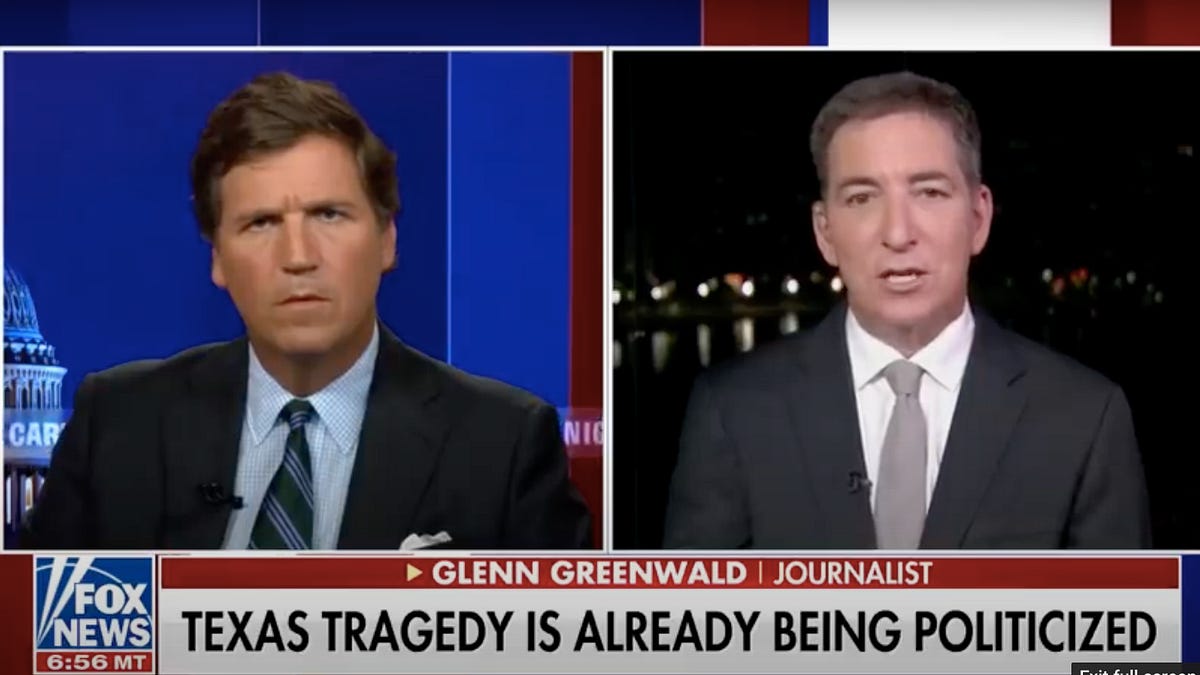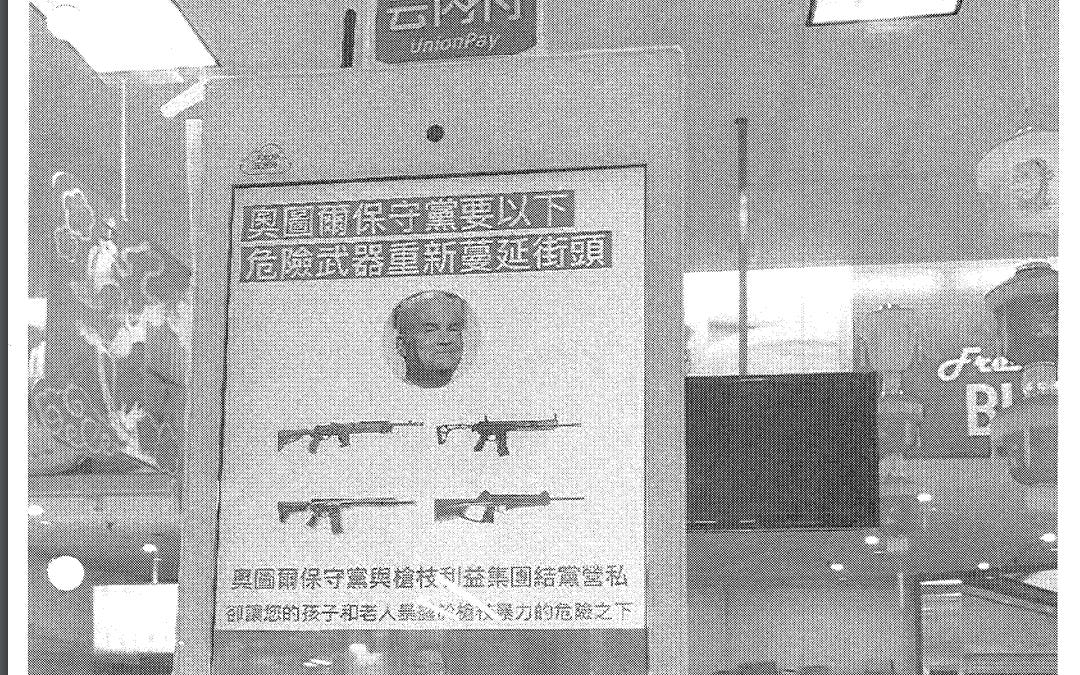- Reaction score
- 6,438
- Points
- 1,260
Coyne is right. Our leaders need to grow the fuck up and get serious about this shit.
Sorry it’s behind a paywall.

 www.theglobeandmail.com
www.theglobeandmail.com
Sorry it’s behind a paywall.

Opinion: Our democracy is under attack. Do our leaders know it?
The peace and prosperity Canadians have always taken for granted is increasingly in danger
He had, he said, been briefed on the names of certain Conservative parliamentarians – whether they were senators or MPs was unclear – who had “engaged” in foreign interference, or were at least at risk of doing so. And yet, he complained, he was unable to pass their names along to the leader of the Conservative Party, Pierre Poilievre, to take such action as was required, because the latter had refused to undergo the necessary security clearance to receive such classified information. This was a remarkable statement, for two reasons. One, it has become a theme at the foreign interference hearings that this Prime Minister, like his officials, is more usually entirely in the dark about important national security matters, having either not been briefed, or not read the relevant memo, or never received it. How often has one senior Liberal or another insisted that they only learned of some shocking event after reading about it in The Globe and Mail? Certainly that seemed to be the case whenever it was more convenient for them not to know, as for example with regard to a request from intelligence officers to put a senior Liberal power broker suspected of ties to the Chinese government under surveillance. But when the matter is alleged security risks in the Conservative party, suddenly the Prime Minister is supremely well briefed. And yet, two, Mr. Trudeau conceded, under questioning, that there were also Liberal parliamentarians on the list, and that he knew their names, too. That knowledge did not appear to have spurred him to take any of the sorts of actions he expected of his Conservative counterpart. The value of a security clearance would seem to be the ability to choose which briefings to skip, and which to ignore. Still, the Prime Minister has a point. It is an outrage that Mr. Poilievre refuses to make himself eligible for confidential briefings. (As a former cabinet minister he would previously have been cleared by security, though that would have no bearing on his current role.) It is understandable that he should not wish to be unduly constrained in what he can say about such matters. But that is more than outweighed in present circumstances, by the obligation to be aware of what members of his caucus might have been up to. So, in the face of a serious national security crisis – credible allegations that members of Parliament on both sides of the House have been acting, in effect, as agents of a foreign power – we are presented with one leader who knew and did nothing, and another who knew nothing and did less














